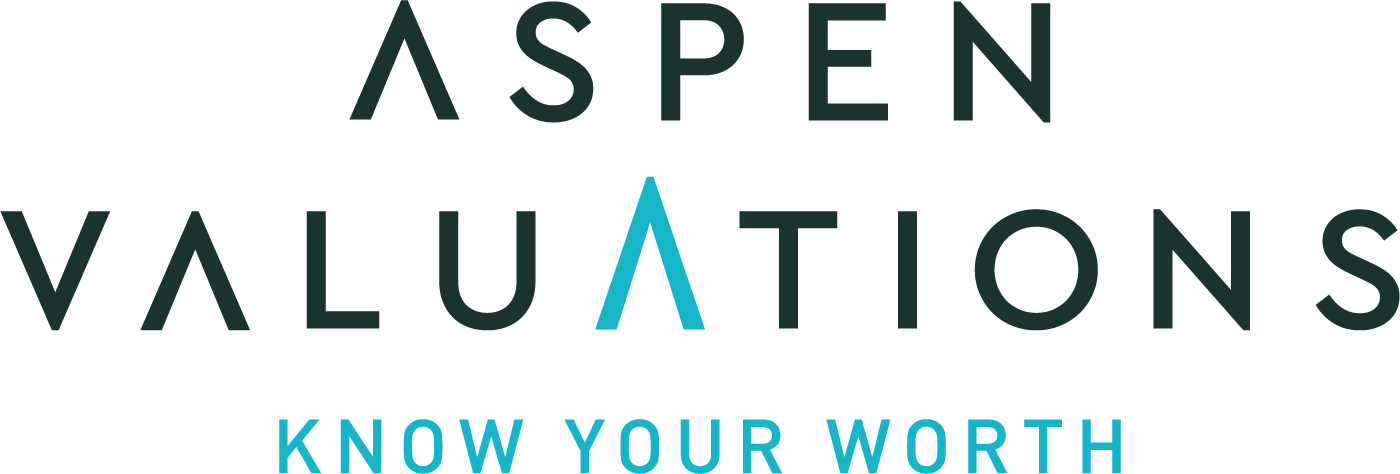Insider tips for negotiating a SaaS business sale
6 min read.
Selling a Software as a Service (SaaS) business can be a complex process. The unique characteristics of the SaaS model, such as recurring revenue, customer churn, and scalability, make the negotiation process different from that of traditional businesses. Here are some insider tips to help you negotiate the sale of your SaaS business effectively.
Understand Your Business Value
Before entering any negotiation, it’s crucial to have a clear understanding of your business’s value. This is where the expertise of a credible business valuation firm becomes invaluable, especially one with experience in SaaS valuations.
SaaS businesses have unique characteristics and business models that can significantly impact their valuation. Factors such as Monthly Recurring Revenue (MRR), Customer Lifetime Value (CLV), Churn Rate, growth rates, and even the technology stack can play a big role in the value of a SaaS business. These factors are often different from traditional businesses, and understanding them requires specific expertise in the SaaS industry.
A credible business valuation firm with SaaS expertise can provide a thorough and accurate assessment of your business’s market value. They can consider all the unique characteristics of your SaaS business and how they impact its value. This includes not just financial metrics, but also strategic factors like market position, competitive advantages, and growth potential.
In addition, a credible business valuation firm can also provide insights into market trends and valuation multiples for SaaS businesses. This can give you a better understanding of how your business’s value compares to the broader market.
Highlight Your Strengths
Your negotiation strategy should focus on the unique strengths of your business. This could be your proprietary technology, low customer acquisition cost, high customer retention rate, or other unique selling points. Make sure you’re able to communicate these strengths effectively and understand their value to potential buyers.

Prepare for Due Diligence
During the sale of a SaaS business, the due diligence process can be extensive and demanding. Potential buyers want to ensure they’re making a sound investment, and as a result, they’ll delve deep into every aspect of your business. It’s not uncommon for SaaS business owners to face a list of over a thousand questions during this process, covering areas like financial performance, customer metrics, product details, team structure, legal matters, and more.
For instance, financial due diligence may involve reviewing years of financial statements, tax returns, and audit reports. They may also delve into details like revenue recognition policies, deferred revenue, and more. On the customer front, potential buyers may want to understand your customer acquisition cost, lifetime value, churn rate, and other key metrics.
Product due diligence could involve understanding your product’s unique features, technology stack, intellectual property rights, and competitive positioning. If you have a team, buyers may want to understand the structure, key personnel, and any potential employment issues. Legal due diligence can range from checking for potential litigation to ensuring compliance with privacy and data security laws.
Preparing for this level of scrutiny requires thorough internal review and organization of all relevant documentation. All information should be readily accessible and clearly presented. This preparation can significantly expedite the due diligence process and increase the buyer’s confidence in their investment.
Remember, transparency is key in this process. Being upfront about any potential issues can help build trust with potential buyers and could potentially prevent deals from falling through at the last minute.
Communicating Your Unique Value
At the core of every successful SaaS business is a unique value proposition. This is what sets your business apart from the competition and what makes your customers choose your product over others. In the context of a sale, the ability to communicate this unique value effectively can significantly influence the buyer’s perception of your business’s worth.
For instance, if your SaaS product offers a unique solution to a common problem in a specific industry, that’s a strong value proposition. Similarly, if your business has a unique model for customer acquisition or retention that has resulted in lower costs or higher lifetime value, that’s also a compelling value proposition. Effectively communicating these unique attributes can help justify a higher valuation in the eyes of potential buyers.

Consider the Structure of the Deal
The structure of the deal can significantly impact the final sale price. Consider different options like upfront payments, earn-outs, or seller financing. Each of these structures has its own pros and cons, and the right choice depends on your specific circumstances.
When selling a SaaS business, it’s crucial to consider the structure of the deal as it can significantly impact the final sale price and the realization of that value. Deal structures can vary widely and can include options like upfront payments, earn-outs, or seller financing. Let’s delve into these structures a bit more:
- Upfront Payments: This is the most straightforward structure where the buyer pays the agreed sale price in full at the time of sale. This provides immediate liquidity for the seller but may result in a lower overall price as it entails more risk for the buyer.
- Earn-Outs: Earn-out agreements involve a portion of the sale price being deferred and contingent on the business achieving certain financial targets post-sale. This can potentially increase the final sale price as it reduces the buyer’s risk. However, the realization of this value is uncertain and depends on the business’s future performance. In addition, sellers often remain involved in the business during the earn-out period, which might not be desirable for all sellers.
- Seller Financing: In seller financing deals, the seller provides a loan to the buyer to cover a portion of the purchase price. The buyer then makes regular payments over time. This can make the business more attractive to buyers as it reduces their upfront capital requirement. However, it also introduces repayment risk for the seller and delays the full realization of the sale price.
Given these complexities, it’s crucial for SaaS sellers to understand the implications of different deal structures. Here are some points to consider:
- Risk vs Reward: Higher risk structures like earn-outs can lead to a higher sale price but introduce uncertainty in realizing that value. Sellers need to weigh the potential for higher returns against the risk and decide what they’re comfortable with.
- Future Involvement: Some deal structures like earn-outs may require the seller to stay involved in the business post-sale. Sellers need to consider their future plans and whether ongoing involvement aligns with them.
- Financial Implications: Different deal structures can have varying tax and financial implications. It’s essential to consult with an experienced business valuation firm to understand these implications and choose the most advantageous structure.
- Legal Aspects: Each deal structure involves different legal terms and conditions. Engaging a legal advisor can ensure that your interests are protected in the sale agreement.
Be Patient
Finally, remember that selling a business is a process that takes time. It’s important to be patient and not rush into a deal. Take the time to evaluate offers, negotiate terms, and ensure that the final agreement is in your best interest.
Selling a SaaS business is a significant decision and navigating the process can be challenging. However, with a clear understanding of your business’s value, a focus on your unique strengths, thorough preparation for due diligence, consideration of different deal structures, professional assistance, and patience, you can successfully negotiate a deal that meets your objectives.
